"When I was fifteen, I wanted, in thoughts, words and works, to murder my father with my Hitler Youth dagger. (From generation to generation the intention remains the same only the weapon changes.)
When I was sixteen I loved an unfinished girl- to be filled in as desired- from a distance; ever since, I have been able to wish and imagine until she knocks, comes in, and starts a fight.
When I was seventeen - held together only by my sword belt - I learned under my steel helmet to know fear, later (by way of compensation) hunger, and soon thereafter the vast wild animal corral known as freedom.
From eighteen on, I tried to survey that corral and discovered how intricately subdivided it is and how seldom reason and intellect are neighbours: the greater the intelligence, the more devastatingly its stupidity can run wild. It is seldom the fools, and often the shrewd and knowing, who try to make the worl pay for their defeats.
After that, I spent quite a long time living very little but only writing; I was a storehouse for dispersed fragments, also for duly entered losses."
I often find that so much of Grass' novels are as close to painting as prose can get. His writing exists in a world that doesn't follow traditional norms, at once floating from the auto-biographical to the fantastical, the chronology works not along some linear pathway, organised and rigid, but is tied to the unfiltered influence of memory, and as such you're never quite sure what is the facts of his life, what is made up characterisation and what simply floats away from any semblance of reality and off into surreal anecdote. Yet still, within this mesh of complex contexts and conceptual constructions you will find passages like the one previously shown here, that are exquisitly delicate, sensitive portrayals of humanity. It seems that however intricate the writing appears to be it still relies, like all great art, on those few epic themes of desire, loss, regret, politics and the spirit.
Our Artwork
Subscribe to:
Post Comments (Atom)
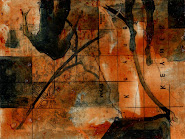

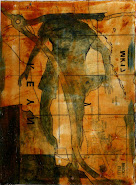

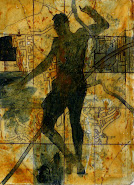

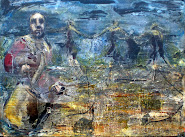

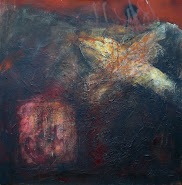

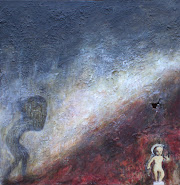

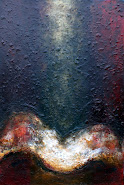

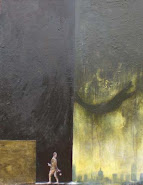

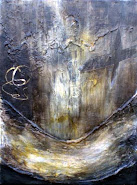

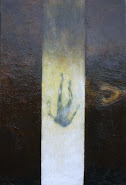

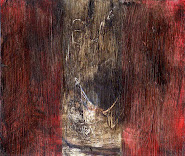



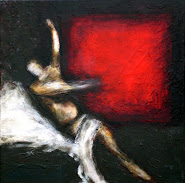


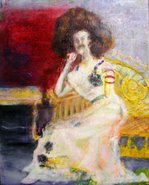
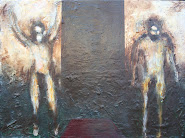
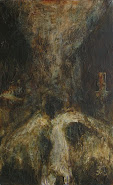

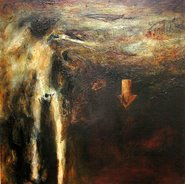
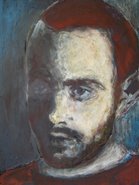
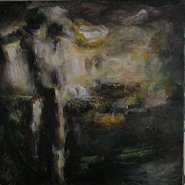
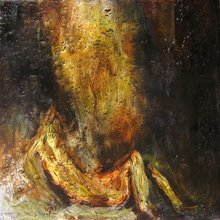
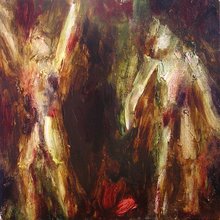
No comments:
Post a Comment